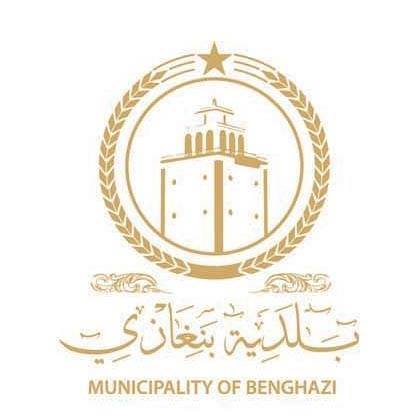Electronic payments and debit card use have risen considerably in Libya over the last year. This is the considered view of Musbah Al-Akkar, former chairman of Libya’s state-owned Jumhuria and National Commercial Banks and former member of the Central Bank of Libya (CBL) Dinar Revaluation Committee under the previous CBL Governor El-Kaber.
Analysing the latest statistics released by the CBL last Sunday (8 December), for the year up to 30 November 2024, Al-Akkari said these forms of card and e-payments must replace the dominant role of cash in the economy that is leading to the liquidity crisis.
Al-Akkari highlighted the relevant statistics in the CBL report on e-payments:
- The number of debit cards issued has reached 4.7 million cards
- The number of points of sale (POS) has reached 72.7 thousand points of sale
- The number of subscribers to mobile applications (APPS) has reached 3.11 million
- Total electronic transactions have reached 121.653 million
- Total financial transfers with cards is 19.9 billion dinars
- Total trading volume of funds electronically amounted to 9 billion dinars
Al-Akkari said these numbers offer great hope that many banking problems that have led to the demise of many banking services can be conducted by citizens from their homes without having to come into contact with any banking employee.
Comment and Analysis
Long queues at banks
Al-Akkari is referring to the huge queues that form at Libyan banks whenever state-sector salaries become available at banks and the resulting corruption caused by the cash crisis and customers having to come into contact with bank employees to withdraw their cash.
Legacy of the Qaddafi-era centralised welfare state
The huge cash crisis also reflects the legacy of the centralised Libyan welfare state inherited from the Qaddafi regime. Libya has a huge number of state-sector employees. These are net withdrawers of cash from banks. They have no excess cash at the end of the month to deposit into their accounts. To them, their bank is simply a conduit to receive their salaries from the state and keep them safe until withdrawal. They withdraw most or all of it as soon as it arrives.
For decades, state-sector salaries have arrived late. At best one or two months. At worse a year or more. Some even much longer.
However, the banks can never have enough cash if it is systematically withdrawn by customers every year for decades – as soon as it is deposited by the state.
Cash hoarding
Meanwhile, the private sector lives in the grey economy. They operate in a cash environment, paying and getting paid in cash – and never depositing it in a bank. They hoard it at home. This is partly cultural, financial and political. The cash hoarding at homes is to avoid paying taxes and getting entangled in the government bureaucracy and more recently – since the collapse of the Qaddafi regime – due to a lack of confidence in the political system.
Lack of political confidence due to instability
Since the February 2011 revolution that ended the 42-year Qaddafi regime, Libya has gone through much instability. It has had several governments – often simultaneously, contending CBL Governors, Audit Bureau and Administrative Control Authorities (ACA) and versions of printed money. At one stage, the eastern based Libyan government printed its own money in Russia and pumped them into the market. This caused confusion and a lack of confidence in the market – contributing further to money hoarding.
Corrupt bank employees and security guards
Many bank employees took advantage of Libya’s liquidity crisis and used it to make money on the side by offering cash to customers who gave a kickback – at the exclusion of others. They were getting paid a ‘‘service charge’’ for simply giving customers, who were in credit, cash from their bank accounts. Bank employees also took a cut for encashing cheques. These corrupt operations were all conducted covertly. At the peak of Libya’s cash crisis, customers, including women, the elderly and those who were unwell, had to sleep out on the streets queuing overnight for cash to arrive at their banks. Police and militias guarding the banks used to charge customers for simply allowing them to enter their banks.
Cash is a culture
Using and hoarding in cash in Libya is a cultural habit. It has taken the 13 years since the overthrow of Qaddafi for the culture of using debit cards and e-payments to truly take hold. Merchants had to install POS machines and customers had to take out a debit card to do their everyday shopping. It was the lack of availability of cash and the imperativeness of life that forced Libyan society to reach the above e-payments numbers. It is a good start – starting from a very low base – but still way behind many of Libya’s neighbouring peers and the Gulf states.
Jumhouria and National Commercial Bank announce raised cash withdrawal limits during Ramadan
NCB to triple ATM cash withdrawals by February 2023, encouraging card culture and not bank visits
NCB to launch new 2023 strategic plan to improve e-banking services
LD 100 bn available locally to finance economy: Gumhouria Bank Chairman Musbah Akkari









